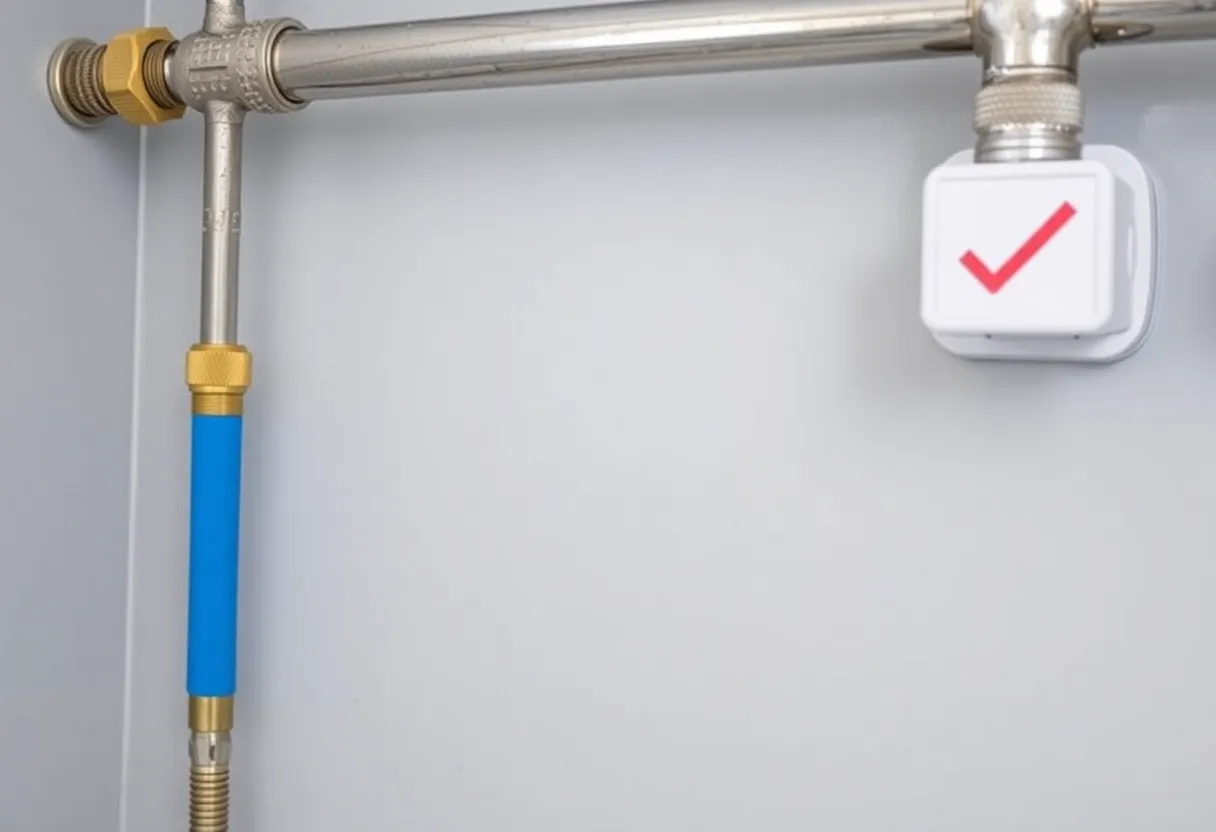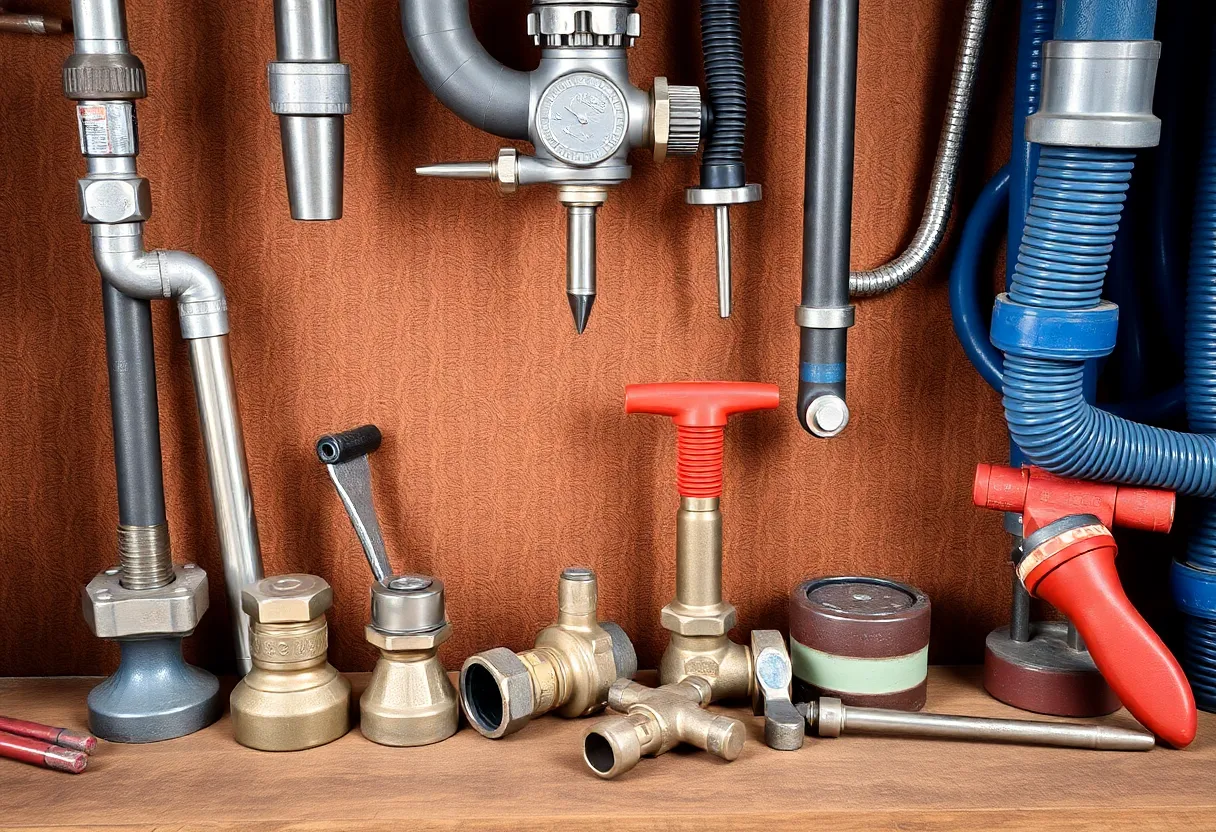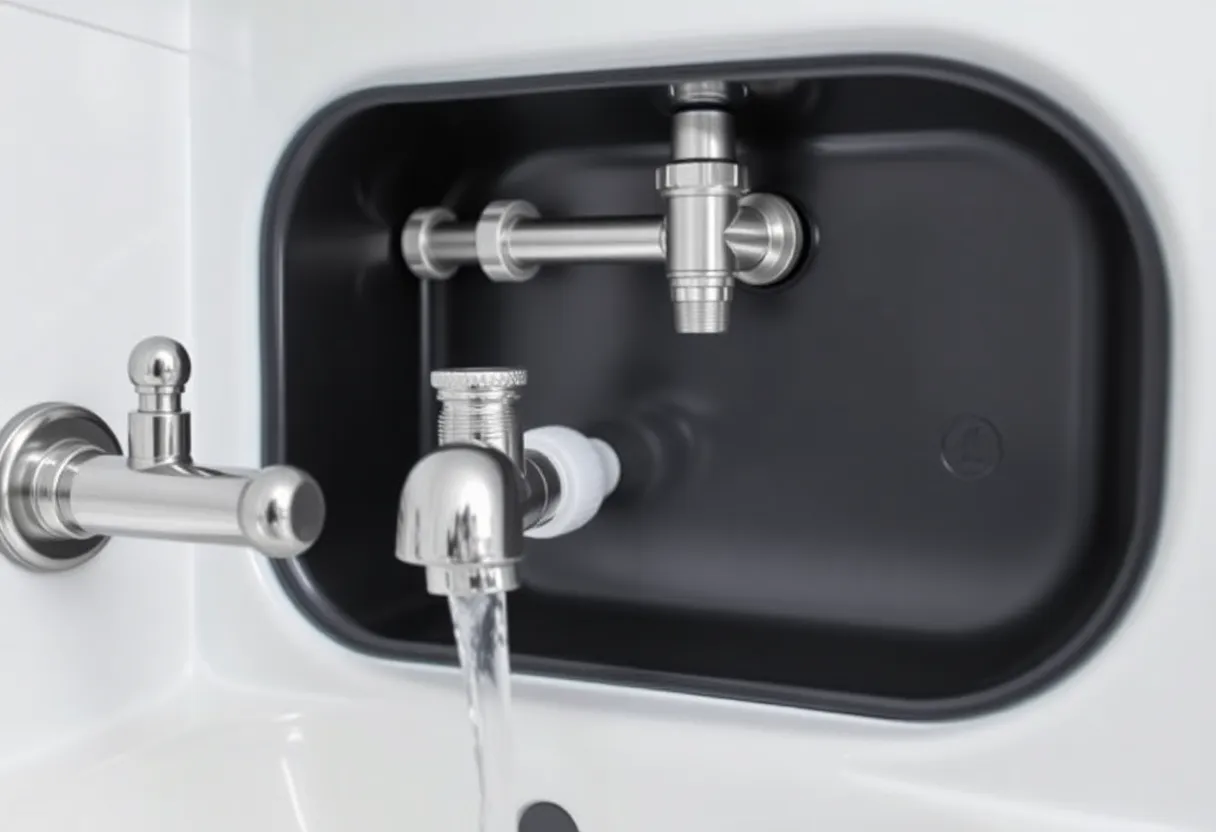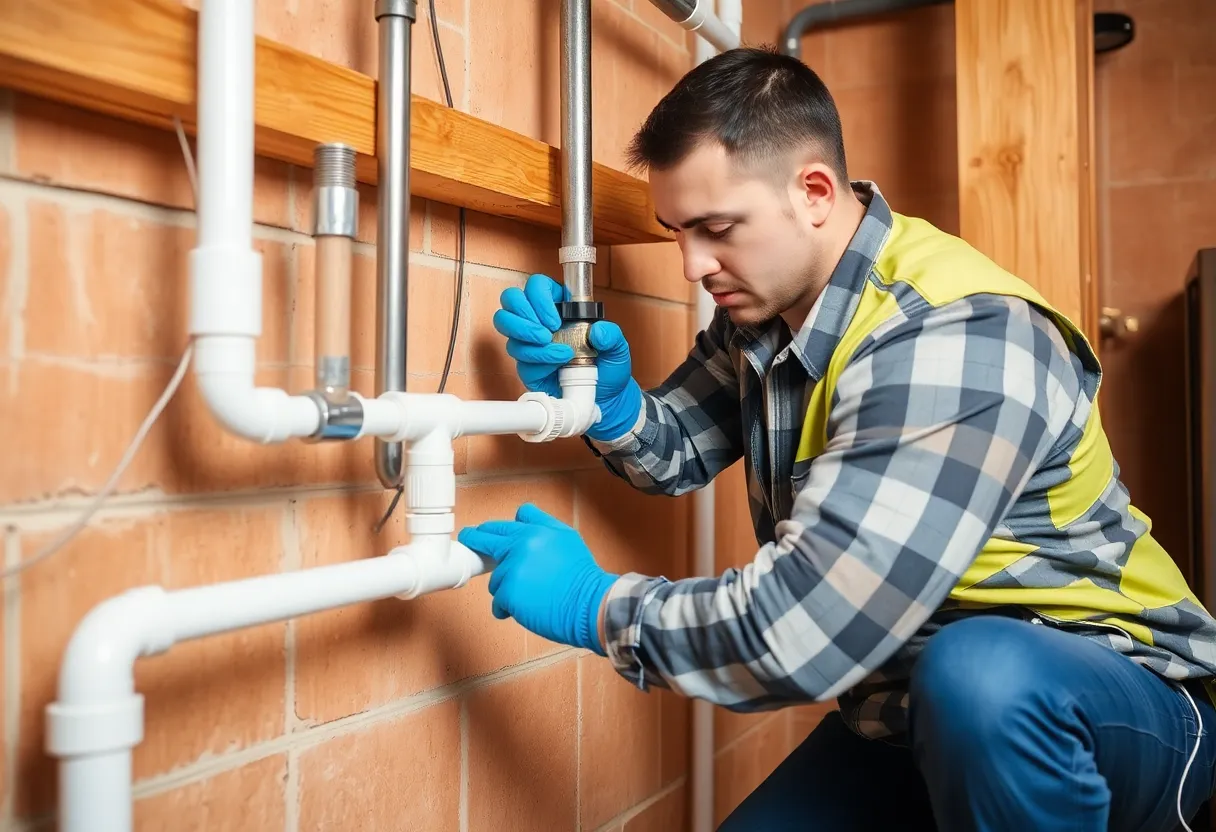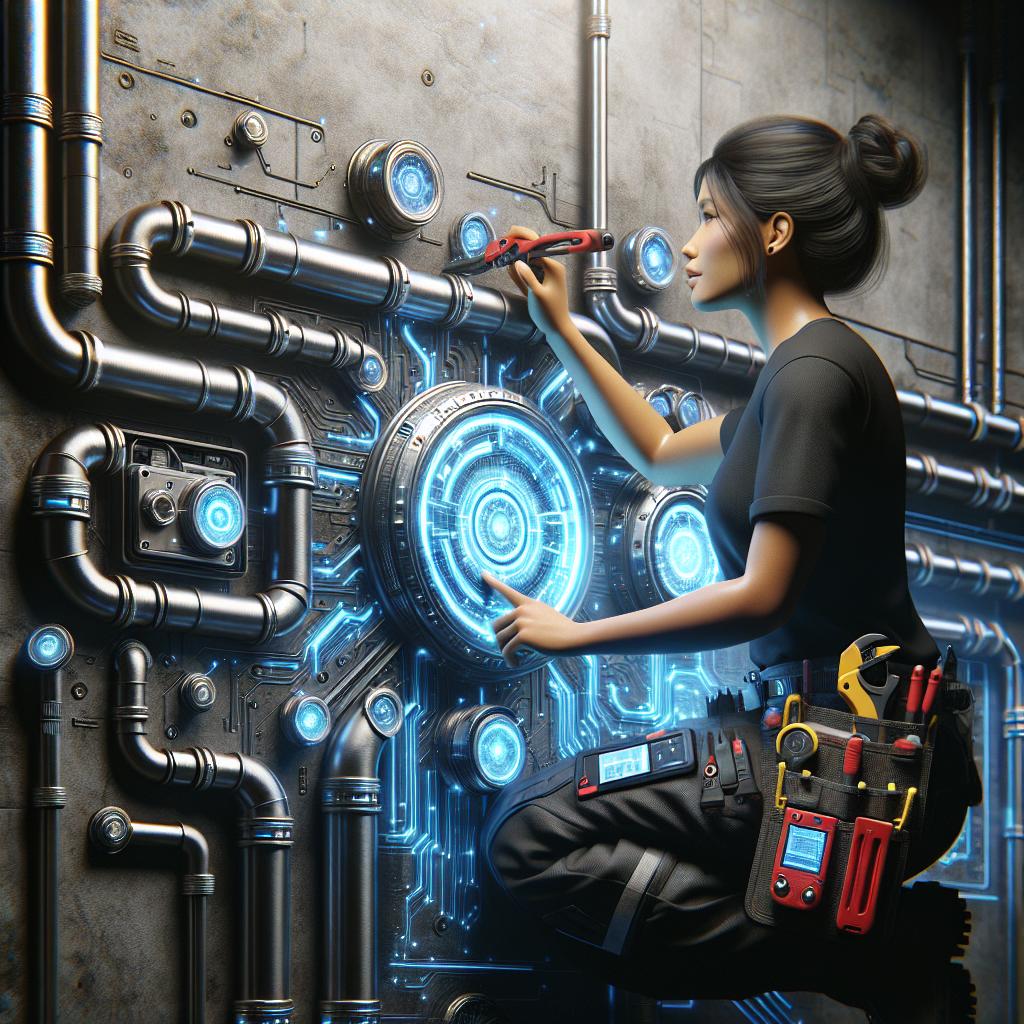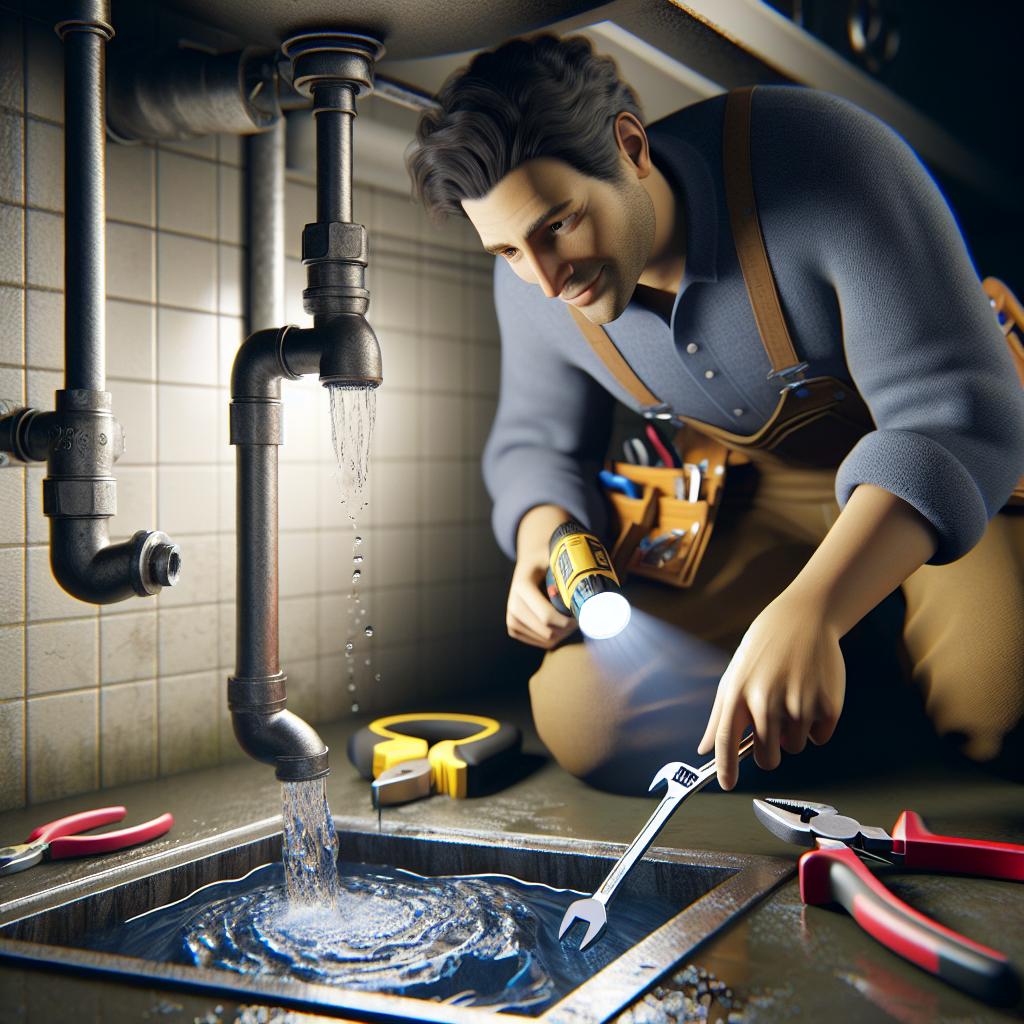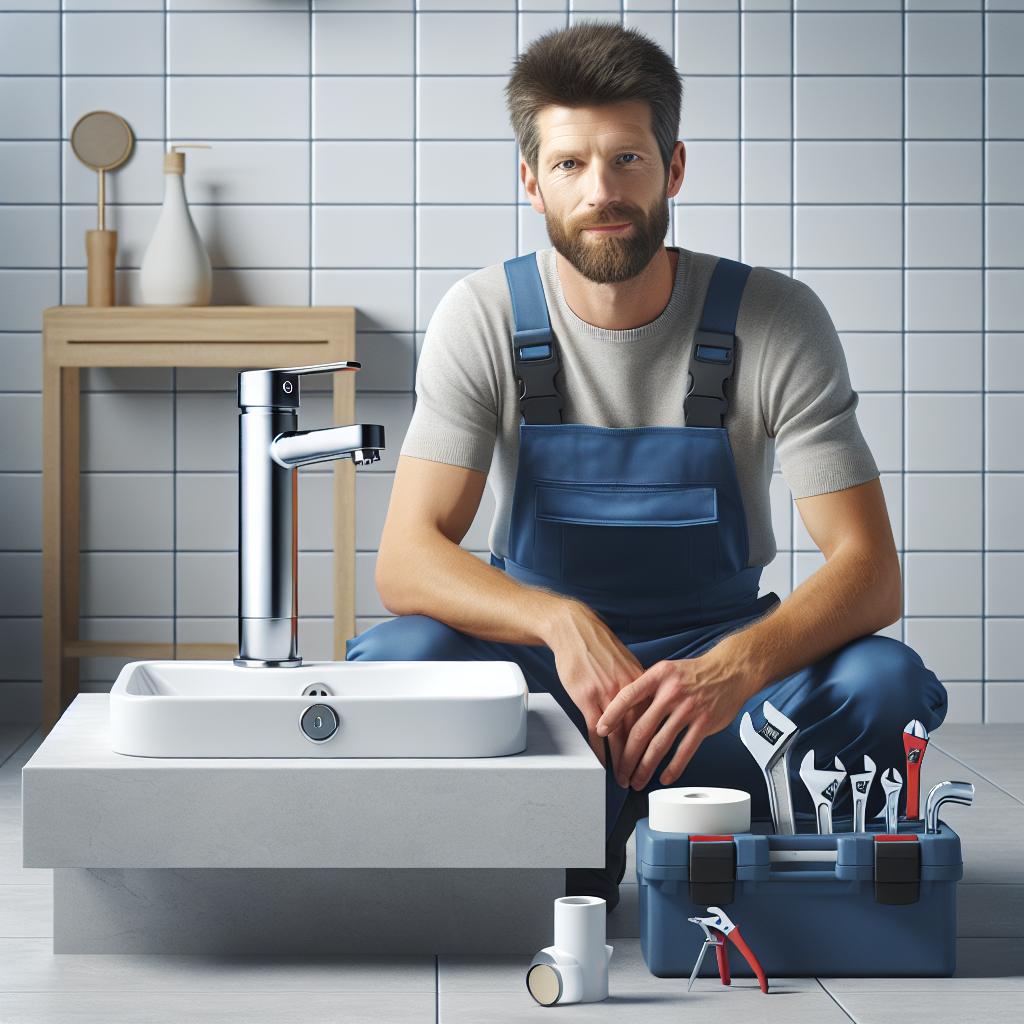Unlocking the Flow: 7 Plumbing Tips to Ensure Your Home Runs Smoothly
Maintaining a healthy plumbing system is crucial for the functionality and comfort of your home. Understanding basic plumbing principles and knowing some handy tips can save you time, money, and stress down the line. In this guide, we will cover seven essential plumbing tips that will help ensure your plumbing system operates efficiently and effectively.
1. Regular Inspections
Just like you might routinely check your car or your appliances, regular plumbing inspections are vital. Performing periodic checks can help you find issues before they escalate into costly problems. Here are some areas to focus on during your inspections:
Check for Leaks
Leaking pipes can lead to serious damage if not detected and repaired early. Inspect your:
- Basement and crawl spaces for signs of moisture
- Underneath sinks for puddles or dampness
- Walls and ceilings for signs of water stains
Examine Your Water Pressure
High water pressure can cause pipes to burst, while low pressure might indicate a blockage. Invest in a water pressure gauge to easily monitor this aspect of your home’s plumbing.
2. Know the Main Shut-Off Valve
In case of a major leak or plumbing emergency, knowing the location of your main shut-off valve is crucial. This allows you to quickly cut off the water supply to your home, minimizing potential damage.
Finding the Main Shut-Off Valve
The main shut-off valve is typically located:
- Near where the water line enters your home
- In the basement or crawl space
- Close to your water meter
Testing the Functionality
Once you find your main shut-off valve, test its operation by turning it off and on. It’s essential to ensure you can easily manipulate it when the need arises.
3. Maintain Your Water Heater
Your water heater is one of the hardest-working appliances in your home, and it requires regular maintenance for optimum performance. Here are key factors to consider:
Flush the Tank Periodically
Over time, sediment can build up in the bottom of your water heater tank, which can affect its efficiency. Flushing the tank at least once a year can help prevent this build-up and extend the life of your water heater.
Check the Temperature Setting
Set your water heater’s thermostat to no more than 120 degrees Fahrenheit (49 degrees Celsius). This is not only safe but also helps lower energy costs and prevents scalding.
4. Prevent Clogs Before They Happen
When it comes to plumbing, an ounce of prevention is worth a pound of cure. To avoid clogs, implement the following practices:
Install Drain Screens
Drain screens can catch hair, soap, and other debris before they enter your plumbing system. Invest in screens for sinks, showers, and bathtubs.
Be Mindful of What Goes Down the Drain
Limit your use of garbage disposals and avoid putting items like grease, fat, or fibrous vegetables down the drain. Dispose of these materials in the trash instead.
5. Drainage Maintenance
Proper drainage is essential for your plumbing system’s health. Over time, clogs can develop due to debris accumulation. Here’s how to maintain effective drainage:
Periodic Cleaning
Schedule regular cleanings of drain pipes to prevent clogs. You can use a combination of baking soda and vinegar to help clear any minor buildups.
Tree Roots
If you have trees in your yard, be mindful of their roots. Tree roots can infiltrate underground pipes, causing blockages and damage. Consider using root barriers to protect your plumbing.
6. Install Water Softeners If Needed
Hard water can lead to scale buildup in your pipes and appliances, reducing performance and efficiency. If you live in an area with hard water, consider installing a water softener:
What is a Water Softener?
A water softener is a device that removes minerals like calcium and magnesium from your water supply, preventing scale buildup. Regular use can extend the life of your plumbing and appliances.
Signs You Need a Water Softener
Watch for signs such as:
- Soap not lathering well
- Scale buildup on faucets and fixtures
- Dry skin or hair
7. Know When to Call a Professional
No matter how much you know about plumbing, there will be times when a professional is needed. Recognizing these moments can save you from further damage:
Signs of Serious Problems
While small leaks can sometimes be handled DIY, large leaks or significant plumbing issues usually require a professional. Be aware of:
- Sewage odors
- Frequent clogging despite preventative measures
- Significant water damage or mold
Finding the Right Plumber
When it is time to call in a professional, take the time to choose someone trustworthy. Look for licensed and insured plumbers with good reviews to ensure you receive quality service.
Conclusion
By implementing these seven plumbing tips, you can greatly improve the efficiency and longevity of your home’s plumbing system. Regular inspection, preventive maintenance, and knowing when to call a professional will help you handle most plumbing situations effectively. Remember, a little proactive care goes a long way in ensuring your home runs smoothly.
So, take the time to get to know your plumbing system, care for it properly, and you’ll be rewarded with a home that flows just as it should!




